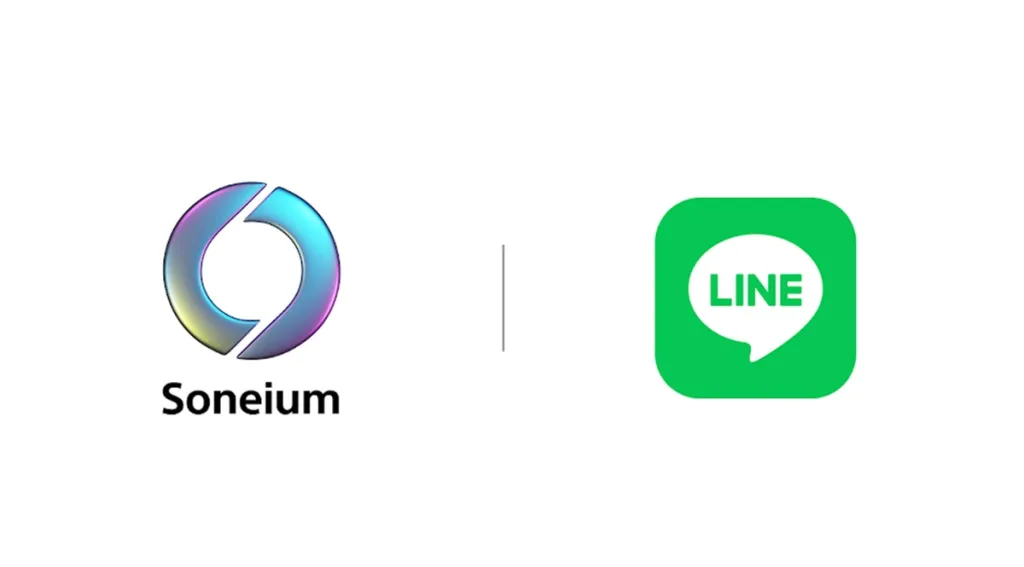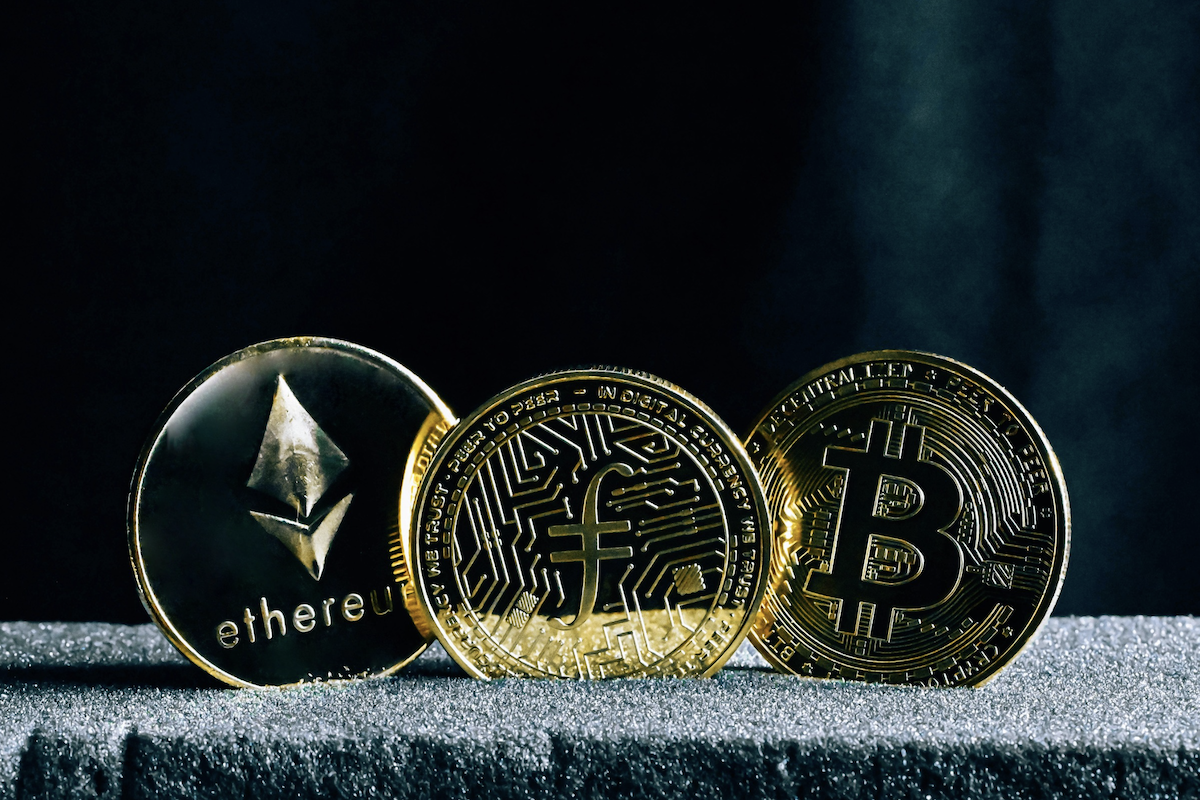How Web3 is Transforming the Future of Esports Gaming
Discover how Web3 and blockchain technology revolutionize the esports gaming industry, empowering players with true asset ownership and decentralized ecosystems.

As blockchain technology advances, Web3 is reshaping the landscape of the esports gaming industry. Through blockchain-enabled features like true asset ownership, decentralized ecosystems, and tokenized rewards, Web3 empowers players to gain more control over in-game assets and establish new financial interactions within the gaming space.
This transformative shift enhances player experience and creates new revenue opportunities that bridge the gap between digital gaming and real-world sports.
True Asset Ownership in Gaming
Web3 introduces the groundbreaking concept of true asset ownership in gaming. Traditional games often restrict asset ownership to within their platforms, limiting players’ ability to transfer, sell, or truly own their in-game items. Web3, however, allows players to truly own digital assets, enabling them to trade, sell, or leverage these items beyond a single game ecosystem.
Through blockchain technology, in-game assets gain a unique digital signature, guaranteeing ownership authenticity. This ownership verification empowers players to trade items like rare skins, characters, or digital collectibles with full confidence, as each asset is recorded securely on a blockchain. This innovative approach opens new opportunities for players to monetize their in-game assets, establishing a significant economic layer within the gaming environment.
Decentralized Ecosystems in Esports
Web3’s decentralized ecosystem eliminates the dependency on centralized gaming platforms by creating environments where governance and decisions are community-driven. This shift reduces monopolistic control over the gaming experience and allows players to have a genuine voice in the development and evolution of the game.
DAOs play an essential role in forming decentralized esports ecosystems. These blockchain-governed organizations enable players to participate in decision-making processes, vote on game updates, and even have a say in the creation of new game features. By democratizing governance, DAOs strengthen community involvement, making esports ecosystems more interactive and player-focused.
Tokenized Rewards for Enhanced Engagement
Tokenized rewards bring a new dimension to player engagement, allowing players to earn tradable tokens through in-game achievements. Unlike traditional in-game rewards that lack real-world value, tokenized rewards can be exchanged, sold, or even invested, blurring the lines between digital and tangible rewards.
Certain esports games now offer tokens that hold real value, allowing players to cash out their rewards on decentralized exchanges. For example, a player might earn tokens by reaching a high ranking or completing challenging missions, which they can then trade for other cryptocurrencies or fiat currency. This integration of tokenized rewards enhances player motivation, encouraging more extended and intense engagement.
NFTs as Unique Digital Collectibles
Non-fungible tokens (NFTs) have become integral to the Web3 gaming experience, turning unique in-game items into blockchain-backed collectibles. Unlike standard digital assets, NFTs can’t be duplicated, ensuring that rare items maintain their uniqueness and appeal.
Several esports games have begun offering NFT-based skins that players can buy, sell, or trade on blockchain marketplaces. These collectible skins often become status symbols, reflecting a player’s skill or investment in the game. NFTs allow players to retain ownership even if they switch games or platforms, further enriching the value of these digital collectibles.
Blockchain-Based Marketplaces for In-Game Items
Web3 has introduced blockchain-based marketplaces where players can buy, sell, and trade in-game assets securely. Unlike traditional marketplaces limited by platform restrictions, blockchain-based ones allow players to trade assets freely across multiple games and platforms.
These decentralized marketplaces provide players with the autonomy to interact with in-game assets as they would in traditional asset markets. By enabling real ownership, these marketplaces incentivize more trading and interaction, creating a dynamic environment where players actively participate in the game economy, further elevating their gaming experience.
Bridging Digital and Real-World Sports through Esports
Web3’s influence extends beyond digital realms by creating synergies between esports and real-world sports. Blockchain technology is being used to blend gaming with live sports experiences, drawing parallels and building communities that span both worlds.
Esports platforms have begun partnering with sports brands to create tokenized rewards and NFTs that reflect real-world sports merchandise. This cross-industry collaboration encourages a shared fan base, allowing fans of traditional sports to engage in esports ecosystems and vice versa, broadening the reach of esports communities.
Integration of Sportsbooks in Esports
While major gaming platforms have already embraced Web3 innovations, sportsbook platforms are currently focused on their successful ventures in esports, offering odds and bets on popular games like Madden, featuring renowned NFL teams, and FC 25 by EA Sports.
However, as Web3 transforms the digital gaming landscape, sportsbooks are actively exploring ways to expand into this space. Although they haven’t yet integrated Web3 technology, they’re researching how to incorporate blockchain-driven engagement, tokenized rewards, and interactive fan experiences to stay competitive and align with the evolving market demands.
As sportsbooks delve into Web3 possibilities, they’re evaluating how blockchain-based assets can enhance their betting options. By offering tokenized rewards or NFTs tied to in-game performance, sportsbooks could engage fans more deeply, creating new layers of interaction between bettors and the esports community.
Community-Driven Ecosystems Through Blockchain
Blockchain technology fosters community-driven ecosystems where players, developers, and fans collaborate closely. Web3 enables these communities to co-create content, influence game development, and contribute to governance, enhancing the sense of ownership within gaming environments.
DAOs empower players to contribute ideas for new game content or vote on future game developments. In these systems, players are more than participants—they become stakeholders who help shape the game’s trajectory. This cooperative model strengthens loyalty and fosters a tightly-knit community within esports games.
Enhanced Security and Transparency Through Blockchain
Blockchain’s decentralized and transparent nature addresses long-standing security issues in gaming, such as fraud and unauthorized asset duplication. By securing all transactions and assets on a blockchain, Web3 ensures greater safety and trust for players.
Smart contracts automate agreements on blockchain platforms, reducing the risk of fraud and enhancing transparency. In gaming, smart contracts facilitate secure trading of assets, ensuring that both players and platforms uphold agreements without needing intermediaries, thus creating a secure environment for asset transactions.
Tokenomics: The Financial Model of Web3 Gaming
Tokenomics, the economic model surrounding digital tokens in Web3 gaming, is reshaping how players, developers, and investors approach the financial aspects of gaming. By distributing tokens as rewards and for in-game purchases, platforms create a self-sustaining economy.
In Web3 games, utility tokens allow players to purchase in-game assets, while governance tokens give them voting rights. This dual-token model empowers players both economically and socially, making them active participants in the game’s ecosystem and economy.
Cross-Game Interoperability Through Web3
Web3 enhances cross-game interoperability, allowing players to use assets across multiple games. This feature breaks down traditional barriers, enabling players to transport their in-game achievements and purchases from one game to another.
Certain games have started sharing a unified token that works across several platforms, allowing players to retain their in-game value. This interoperability redefines the gaming experience, encouraging players to stay engaged across different game titles and genres, knowing that their time and money are not confined to a single game.
Future of Esports With Web3
As Web3 continues to mature, its impact on esports will likely expand, enabling more immersive, decentralized, and financially rewarding gaming experiences. The convergence of blockchain and esports is only the beginning of a transformative shift that promises to change the digital landscape for players, developers, and fans alike.
Major investments are pouring into Web3 gaming projects, signaling the industry’s confidence in blockchain’s potential to reshape esports. Analysts project that as more players and developers adopt Web3, esports will become more community-focused, secure, and economically diverse, aligning with the evolving demands of the digital gaming era.





